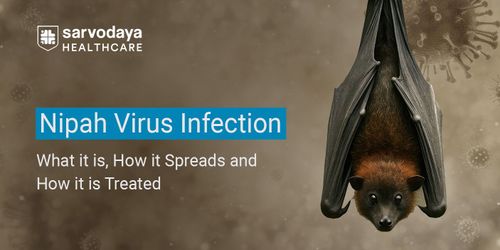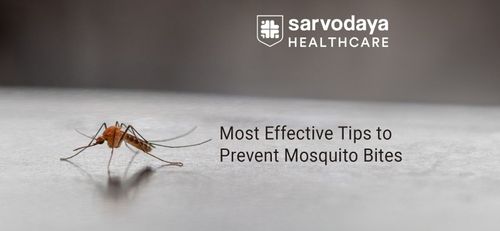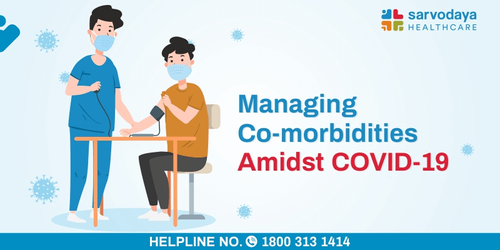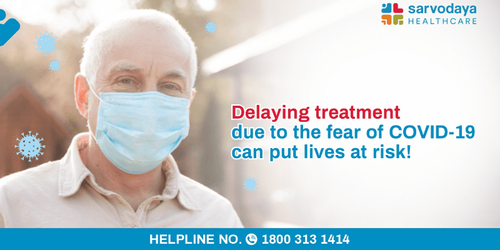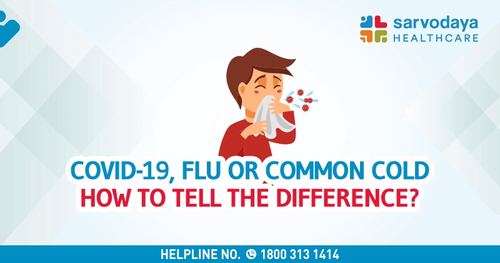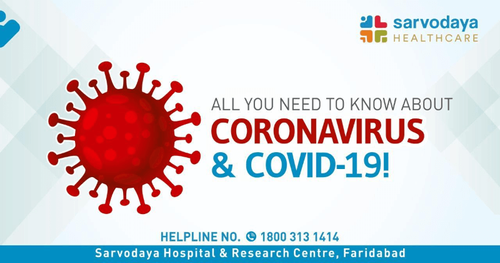The H3N2 flu virus has become a matter of concern across different regions in India, with many reporting a sharp rise in cases during seasonal outbreaks. Being a subtype of influenza A, this strain can cause mild to severe illness, particularly in vulnerable groups like children, the elderly, and people with weak immune systems.
In this blog, we explore what the H3N2 flu is, its symptoms, how it spreads, available treatment methods for the H3N2 virus, and preventive steps, including the H3N2 flu vaccine.
Understanding H3N2 Flu
H3N2 flu is a subtype of the influenza A virus, known for causing seasonal flu outbreaks. The H3N2 flu virus is highly contagious and spreads more easily in crowded places, especially during the colder months. Unlike the common cold, it tends to cause more severe symptoms and may lead to serious complications if not treated promptly.
Some key facts about the H3N2 flu virus are:
- It is responsible for recurrent flu outbreaks across the globe.
- It affects all age groups but is particularly dangerous for young children, the elderly, and people with chronic illnesses.
- It differs from bird flu and other influenza strains and should not be confused with them.
H3N2 Flu Symptoms
Recognising H3N2 flu symptoms early can make a significant difference in managing the condition effectively. While it may resemble a regular bout of flu, the intensity and duration of the illness often set it apart.
The most common H3N2 flu symptoms include:
- Sudden onset of fever and chills
- Persistent cough and sore throat
- Runny or blocked nose
- Muscle and body aches
- Fatigue and weakness
- Headaches
In severe cases, individuals may also experience:
- Shortness of breath
- Chest pain or tightness
- Wheezing
- Severe dehydration
If you or your loved ones show worsening H3N2 flu symptoms, it is advisable to consult a general physician in Faridabad at the earliest. Timely diagnosis and care can prevent complications, especially in people with existing health conditions.
Transmission of H3N2 Flu
The H3N2 flu virus is highly contagious and spreads quickly within communities.
The main modes of transmission are:
- Inhaling droplets released when an infected person coughs or sneezes
- Direct contact, such as shaking hands with someone carrying the virus
- Touching contaminated surfaces and then touching the mouth, nose, or eyes
- Spending time in crowded or poorly ventilated spaces during seasonal outbreaks
Read More- Eye Flu: Causes, Conjunctiva Symptoms, Treatment, Prevention
H3N2 Virus Treatment
Once the infection is confirmed, the doctor will suggest the most suitable H3N2 virus treatment. While most cases resolve with supportive care, severe cases may require medical supervision or hospitalisation.
The main aspects of H3N2 virus treatment include:
- Rest and Hydration: Adequate rest and drinking plenty of fluids support faster recovery.
- Fever and Pain Management: Over-the-counter medications may be prescribed to reduce fever, headache, and body pain.
- Antiviral Drugs: In some instances, doctors may prescribe antiviral medications to reduce the severity of the infection.
- Monitoring and Follow-Up: Regular monitoring helps track recovery and detect complications at an early stage.
With proper care, most people recover within one to two weeks.
H3N2 Flu Vaccine and Prevention
One of the most effective ways to protect against the H3N2 flu virus is vaccination. The H3N2 flu vaccine is designed to reduce the risk of infection and prevent severe complications, particularly in vulnerable populations such as children, the elderly, and individuals with chronic illnesses.
The H3N2 flu vaccine offers several benefits:
- Lowers the chances of catching the infection
- Reduces the severity of illness if one still gets infected
- Protects high-risk individuals from serious complications
- Helps in controlling community-wide outbreaks
Preventing the Spread of H3N2
Alongside vaccination, preventive measures play a crucial role. Here are some steps everyone should follow:
- Wash your hands frequently with soap and water.
- Avoid touching your face with unwashed hands.
- Use a mask in crowded or poorly ventilated spaces.
- Keep a safe distance from individuals showing flu-like symptoms.
- Maintain good respiratory hygiene by covering the mouth and nose while coughing or sneezing.
Lifestyle and Diet Support for Recovery
Medical care is central to recovery, but lifestyle choices and diet can significantly support the healing process. Knowing what to eat to combat H3N2 flu ensures the body receives the necessary nutrients needed to strengthen its immunity.
Some helpful dietary and lifestyle tips are:
- Nutrient-Rich Foods: Include fruits, vegetables, and foods high in vitamin C and zinc to support the immune system.
- Warm Fluids: Soups, broths, and herbal teas help soothe the throat and maintain hydration.
- Adequate Rest: Getting enough sleep allows the body to recover faster.
- Stress Management: Light breathing exercises and relaxation techniques can aid in quicker recovery.
- Gradual Activity: Once the fever subsides, slowly resume daily activities without overexertion.
Conclusion
The H3N2 flu virus is a seasonal infection that continues to impact communities across the globe. By understanding its signs, knowing when to go for an H3N2 flu test, and starting the proper H3N2 virus treatment, people can avoid unnecessary complications. Preventive steps such as vaccination, hand hygiene, and responsible health practices play a key role in keeping the infection under control.
At Sarvodaya Hospital, Faridabad, patients can access advanced diagnostic facilities and expert consultation with a general physician in Faridabad for the management of H3N2 flu symptoms. The hospital not only provides comprehensive treatment but also offers preventive consultations to help individuals understand their risk factors and take timely steps towards protection. With a focus on both care and prevention, Sarvodaya Hospital ensures patients receive complete support at every stage of recovery.
At Sarvodaya Hospital, Faridabad- recognized among the best hospitals in Delhi NCR , the best hospital in India, and a trusted choice even for patients seeking the best hospital in Greater Noida—patients can access advanced diagnostic facilities and expert consultation with a general physician in Faridabad for the management of H3N2 flu symptoms. The hospital not only provides comprehensive treatment but also offers preventive consultations to help individuals understand their risk factors and take timely steps towards protection. With a focus on both care and prevention, Sarvodaya Hospital ensures patients receive complete support at every stage of recovery.
If you or a loved one is showing flu-like symptoms or wishes to take preventive measures, do not delay professional care. Consult a trusted specialist at one of the best hospital in Delhi NCR and book an appointment now to safeguard your health against the H3N2 flu virus.








